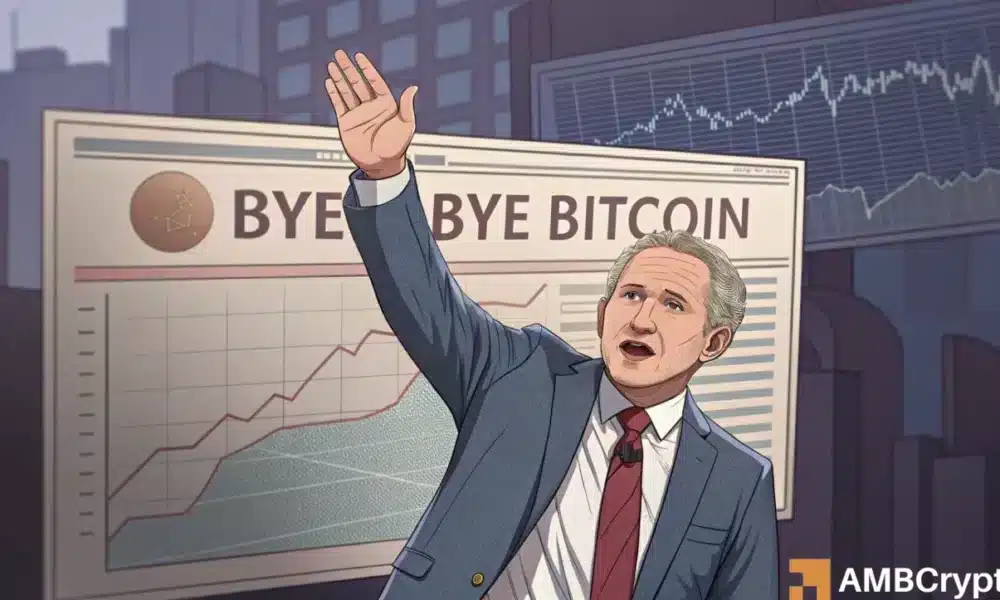On February 16, 2025, the Brazilian political landscape faced scrutiny as Bolsonaro’s party, PL, considered changes to the Ficha Limpa law. This potential amendment aims to reduce the penalty for politicians convicted of corruption, raising questions about the integrity of political accountability in Brazil. How will this affect future elections?
- Bolsonaro criticized for proposed penalty reduction
- PL considers changes to Ficha Limpa law
- Original proposal by deputy Bibo Nunes
- Reduced candidacy ban period from eight to two years
- Concerns about benefiting corrupt politicians
- Negative backlash from right-wing voters
Brazil’s Ficha Limpa Law Changes: What You Need to Know
What does the proposed change to the Ficha Limpa law mean for Brazilian politics? The PL party is under fire for potentially easing penalties for corrupt politicians. This shift could allow those convicted to run for office after just two years, instead of the current eight. Are we witnessing a compromise on the fight against corruption?
Implications of the Ficha Limpa Law Changes on Brazilian Politics
The potential alterations to the Ficha Limpa law have stirred significant debate among voters and politicians alike. Many fear that these changes could pave the way for corrupt politicians to regain power. Here are key points to consider:
- Reduction of the disqualification period from eight years to two.
- Concerns about benefiting politicians like Bolsonaro.
- Backlash from constituents who prioritize anti-corruption measures.
- Impact on the credibility of the PL party moving forward.
Political Backlash: How Voters Are Responding
The proposed changes have not gone unnoticed by the electorate. Many supporters of Bolsonaro are expressing their discontent on social media, arguing that this move could weaken Brazil’s stance against corruption. The PL party, which has built its platform on anti-corruption, now faces a dilemma: how to balance political ambitions with public trust.
Future of Political Integrity in Brazil: A Global Perspective
This situation in Brazil serves as a reminder of the ongoing struggle for political integrity worldwide. As countries grapple with corruption, the decisions made by political parties can have far-reaching consequences. The U.S. audience should pay attention to these developments, as they reflect similar challenges faced in their own political landscape.

































